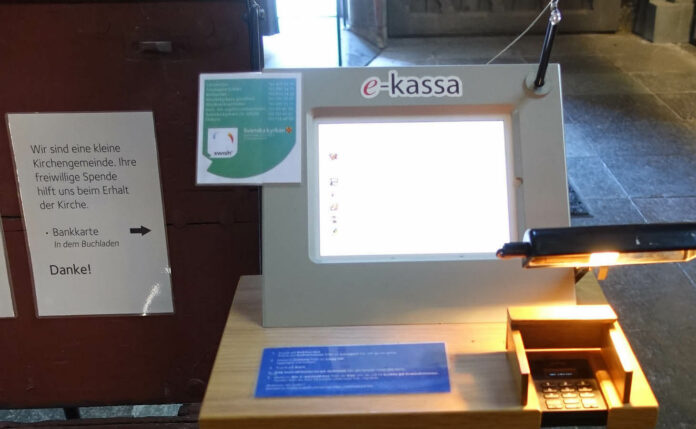The Sveriges Riksbank (Swedish National Bank) has proposed that a committee with broad-ranging expertise shall be tasked with performing a review of the concept of legal tender and of the role of central bank money in a digitalised economy. The committee should also review the role and responsibility of both the state and the private sector on the payment market. The digitalisation of payment may lead to cash not being generally accepted in the future. This, in turn, may lead to the general public no longer having access to central bank money, which can affect the function and efficiency of the entire payment system. The proposal is being put forward in a petition to the Swedish Riksdag.
For 350 years, Swedish society has relied on the Riksbank to provide the general public with various forms of the country’s currency, the Swedish krona. In addition, cash issued by the Riksbank has been legal tender since the 1850s. Cash use has decreased rapidly in Sweden and a scenario within the not-too-distant future, in which cash is not generally accepted, cannot be ruled out. This would be tantamount to a cashless society. The general public no longer having access to any form of central bank money can make it more difficult for the Riksbank to promote a safe and efficient payment system in Sweden, not just in times of crisis and war but also in peacetime. The Riksbank has previously expressed concern over this development and has therefore analysed the scope for introducing a Central Bank Digital Currency (CBDC), an “e-krona”, to which the general public has access.
“We think that the concept of legal tender should be technically neutral so that it fulfils a function even in a digital future”, says Stefan Ingves, Governor of the Riksbank.
The Riksbank therefore proposes that a committee with all-round expertise be tasked with performing a review of the concept of legal tender, the state’s role with regard to means of payment in a digitalised economy and the role and responsibility of both the state and the private sector on the payment market. The committee should propose the legislative amendments needed so that Sweden continues to have a stable and efficient payment market. As time is of the essence regarding this issue, the time-frame for the assignment should not be too long.
You can follow further developments on the Riskbank website. Said site was also recently named the Best Website of the Year 2019 by the Central Banking Journal.
Last year, the Riksbank published a book that aimed, among others things, to explain why we need central banks in the first place.
In 2018, Ursula Kampmann travelled to Sweden. Here are her thoughts on why a cashless society might actually work there.




